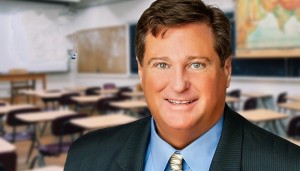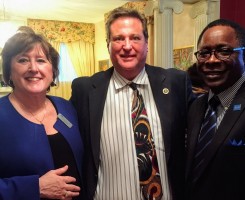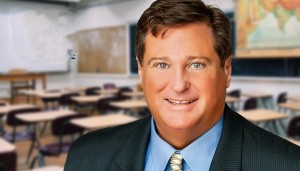Public schools are a cornerstone of our society, profoundly influencing the lives of countless students and remaining the preferred choice for many families across the nation. They provide crucial educational pathways but require continuous innovation and fresh perspectives to effectively fulfill their mission and enhance the learning experience for all.
Though public education faces numerous challenges, it is vibrant and evolving. Ongoing efforts aim to improve the system by addressing issues such as funding, teacher shortages, and student achievement. New technologies, teaching strategies, and policy reforms are continually reshaping the educational landscape.
In Tennessee, everyone—students, parents, educators, taxpayers, and community members—has a stake in public education. It plays a pivotal role in shaping the state’s future, workforce, and overall society. Given that elected officials significantly influence public education through their policy decisions, individuals need to engage actively in shaping its direction.
Active engagement, advocacy, and strategic involvement are crucial in education. This can include participating in local and state elections to select representatives who will influence education policies. Engaging with elected officials, attending public meetings, and participating in community discussions enables individuals to express their views.
Connecting with schools, attending parent-teacher conferences, and participating in school improvement committees promote effective initiatives. Staying informed about educational trends and policies is vital for making informed decisions, advocating for change, and collaborating with educators and stakeholders to enhance the quality and accessibility of education.
By participating in these activities, Tennesseans can help shape the policies that govern public education, ensuring they align with the needs and aspirations of their communities while supporting the state’s overall development.
Although the political landscape may not always meet our expectations, our commitment to supporting students and advancing education in Tennessee remains steadfast. We will continue to advocate for the critical issues that ensure every student receives the quality public education they deserve.
To outsiders, our industrial model of public education may appear essentially unchanged over the past fifty years. However, those within the system would dispute this view. There is a broad consensus on the necessity for an education system that serves all students, upholds democratic values, and prepares them for future success.
Educators have long challenged the misconceptions that public schools are failing and that teachers are at fault. Meanwhile, outsiders—often lacking educational experience—attempt to take control of our schools. Unfortunately, many policymakers, including state leaders, have embraced misleading narratives propagated by disruptive education movements. School boards must actively counter these narratives and become more visible and proactive in their communities.
Currently, educators find themselves caught in a cultural conflict exacerbated by political pressures from policymakers who may not fully understand the realities of education. These challenges include deteriorating infrastructure, inequitable funding, and insufficient mental health support, particularly for marginalized students. Educators feel their contributions, especially in shaping policy, are undervalued.
Ultimately, we must foster a deeper conversation about the transformative potential of public education. We need to empower teachers to teach effectively and create an environment conducive to student success and growth. The success of our education system relies heavily on parental support and involvement, including at the legislative level.
Education is the bedrock of life and a pathway to the future. Like all Tennesseans, state policymakers should continually reflect on the kind of community they want to live in, work in, and raise families in. What type of schools do we need to achieve that vision?
##
JC Bowman is the executive director of Professional Educators of Tennessee.











